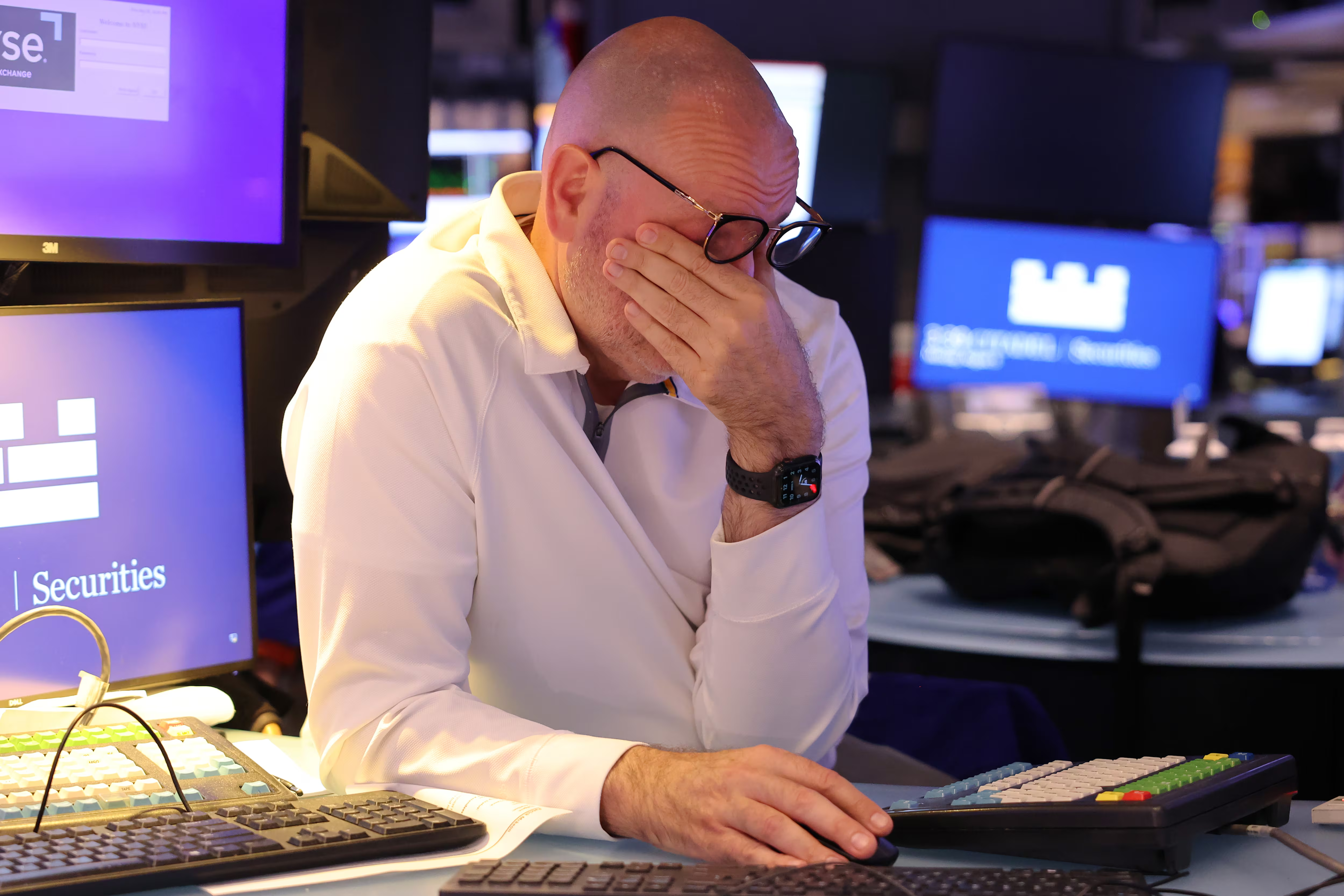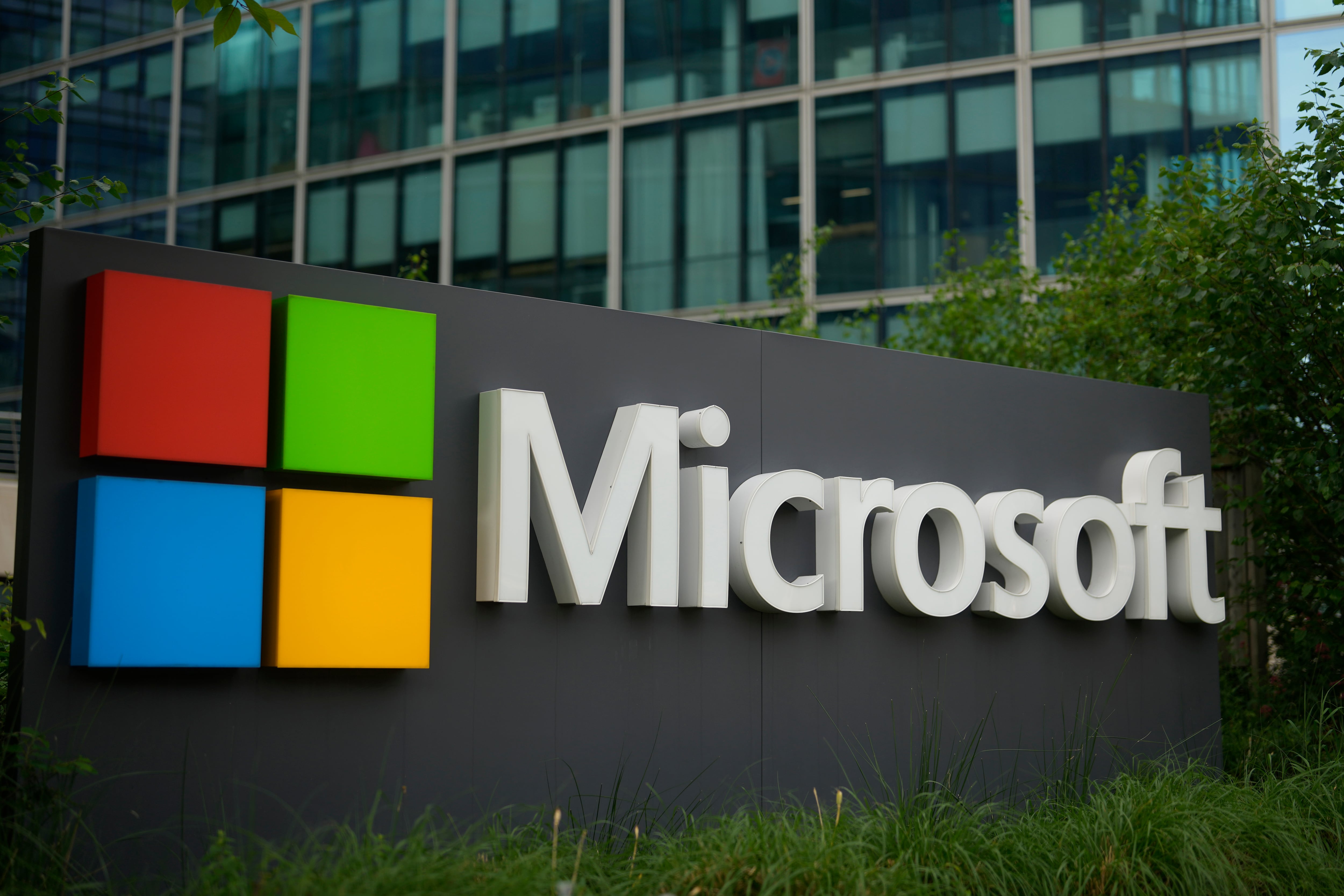Stocks are falling in early trading on Wall Street Thursday, but the losses are more subdued than the wild swings that have dominated recent weeks. At least for now.
The S&P 500 was down 1.9 percent shortly after trading began, following eight straight days where it swung up or down between 4.9 percent and 12 percent. Markets have been so volatile because investors are weighing the increasing likelihood of a recession on one hand against huge, emergency efforts by global authorities to support the economy on the other. Markets got more of each on Thursday.
The number of Americans filing for unemployment benefits surged by 70,000 last week, more than economists expected, in one of the first signs of layoffs sweeping across the country. Wide swaths of the economy are grinding closer to a standstill, from the travel industry to restaurants, as authorities ask Americans to stay home to slow the spread of the virus. Another weak manufacturing report, this time in the mid-Atlantic region, added to the worries.
But the Federal Reserve and European Central Bank both also announced their latest efforts to support financial markets and the economy. The Fed unveiled measures to support money-market funds and the borrowing of dollars as investors in markets worldwide rush to build up dollars and cash. The European Central Bank, meanwhile, launched an expanded program to buy up to 750 billion euros ($820 billion) in bonds to support the economy.
The Dow Jones Industrial Average fell 408 points, or 2.1 percent, to 19,508, and the Nasdaq was little changed as of 9:55 a.m. Eastern time.
European stocks rose early in their trading day, but the gains dissipated. Asian markets also dropped following the brutal 5.1 percent loss for U.S. stocks the prior day.
Ultimately, investors say they need to see the number of new infections stop accelerating for the market’s extreme volatility to ease.
The total number of known infections has topped 220,000 worldwide, including nearly 85,000 people who had recovered. The death toll has crept toward 10,000.
For most people, the coronavirus causes only mild or moderate symptoms, such as fever and cough, and those with mild illness recover in about two weeks. Severe illness including pneumonia can occur, especially in the elderly and people with existing health problems, and recovery could take six weeks in such cases.













